
16 Development Partners Pledge to Extend Assistance for Nepal’s Development
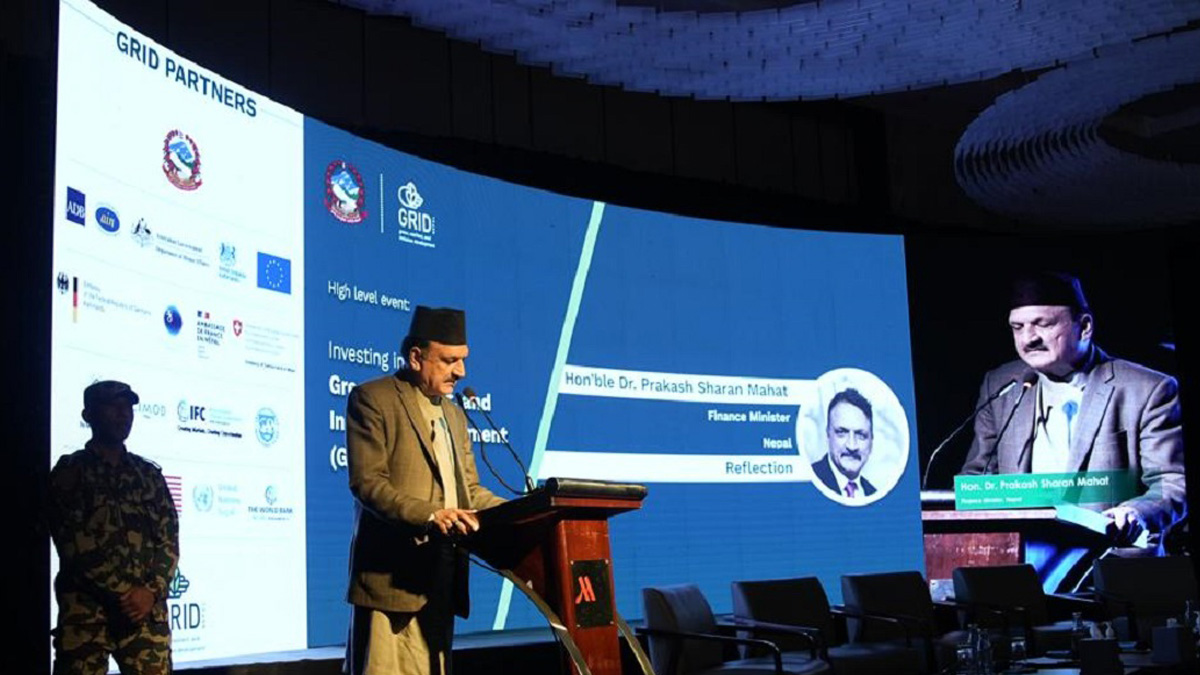
At least 16 development partners active in Nepal have expressed their joint commitment to help the country’s efforts for socio-economic development.
The development partners have agreed to integrate and expand financial and technical assistance to Nepal in the implementation of high-priority investment and policies as per the Green, Resilient and Inclusive Development (GRID).
A joint statement to this effect was endorsed at the high-level programme organized on Thursday by the Ministry of Finance in collaboration with the World Bank and other development partners.
The government, development partners, civil society organizations, private sector stakeholders and eminent groups have reiterated their commitment to work at institutional and thematic level to continue financing and implementing the GRID priority areas in Nepal.
Finance Minister Dr Prakash Sharan Mahat said, “We have embraced GRID approach with a vision towards building green, further resilient and inclusive economies that can enable us to cope with disasters, preserve the environment and enhance the lives of our people”.
He further said, “The new GRID strategic plan of action can be a policy medium to spur development and employment opportunities, strengthen livelihood and open up avenues for the prosperity of Nepali people”.
For the implementation of GRID strategic plan of action there are several innovative fiscal investments such as grants and other subsidized fiscal investments, concessional loan and carbon trade. The foreign fiscal investment as a complementary to the public budgets of Nepal is aimed at benefitting the external and domestic private sector.
The GRID plan of action has identified 10 priority areas. It includes further resilient infrastructure, ecosystem and more productive, sustainable and integrated management of land, forest and water for food systems.
Among other areas included in the plan of action are greening the urban economy, expanding access to drinking water and roads, reducing air pollution and managing solid waste, promoting renewable energy, sustaining transport and strengthening disaster response for increasing productivity and enabling social security and health system for making further responsible.
Also on the occasion, World Bank’s Managing Director Anna Bjerde expressed happiness for the opportunity to provide support in leveraging strategic actions towards green, resilient and inclusive economy.


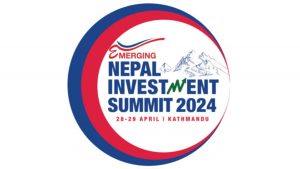
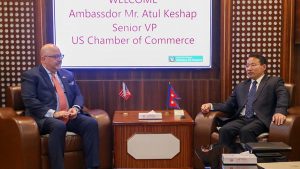
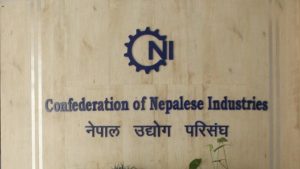

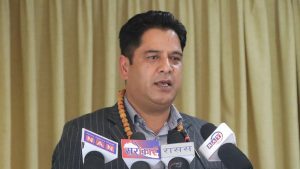
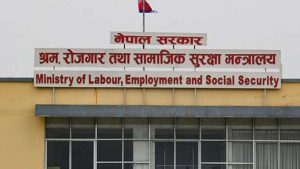






Comments